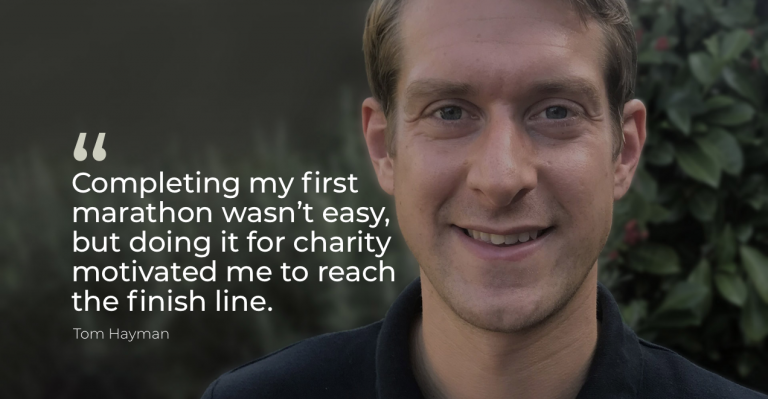The top three global killers are associated with cardiovascular disease, while physical inactivity is a primary cause of most chronic ailments, but some studies suggest that only 14% of people make changes to their eating or exercise habits, even if they’ve had a heart attack.
So, while we hope that long-term messages about health are really going to make a difference, the evidence suggests they don’t. We only really care about who we are today and who we are going to be in the short term.
Achieving better decision making
An effective way to achieve better decision making is to accept that our bias toward instant gratification is like gravity; it will always be there. We can’t eliminate biases, but when we accept and recognise them, we can discover ways to manage them.
Recognising that self-control operates like a valuation system is an important tool in managing our decisions and achieving our goals. Our decisions about whether to pursue a goal are based on a number of factors, such as the effort we think we will need to make, the value we attribute to the action and outcome, and the opportunity cost.
Rather than relying on will-power, activate your valuation system by associating your goal with what really matters to you, not what you think should matter. Taking the time to consider whether the decision and action is aligned with your sense of purpose and what you truly value makes it more likely you will get the outcomes you want, more consistently.
We can all become better, higher performing, sustainable decision-makers
These ‘thinking tools’ and methods of decision making can become embedded and more automatic, through learned behaviour. There is a phrase in neuroscience, that “neurons that fire together, wire together”; our brains exhibit a neuroplasticity that means we can change and develop throughout our lives.
Perhaps the final important point to make is that the best decisions are not simply individual ones. The idea of identifying a singular superhero is a very Western, and perhaps typically ‘male’ way of looking at the world. The most tangible example of this is when a new and highly-rated CEO is recruited to a company and doesn’t experience the success they are predicted to have. This can be because previous achievements were incorrectly attributed to one person: the superhero CEO, when they were actually the result of a ‘superhero team’.
In ensuring the success of a team there are two elements that are vital to remember. Firstly, evidence suggests that in the highest performing teams, people feel safe. Secondly, the highest performing teams exhibit cognitive diversity, where people think, process information and see the world in different ways. Building diverse teams, where people feel secure enough to share their ideas with us, can compensate for our biases and increase the likelihood that you will make good decisions and achieve your long-term goals.
This article was first published by UBS Driving Forward.




